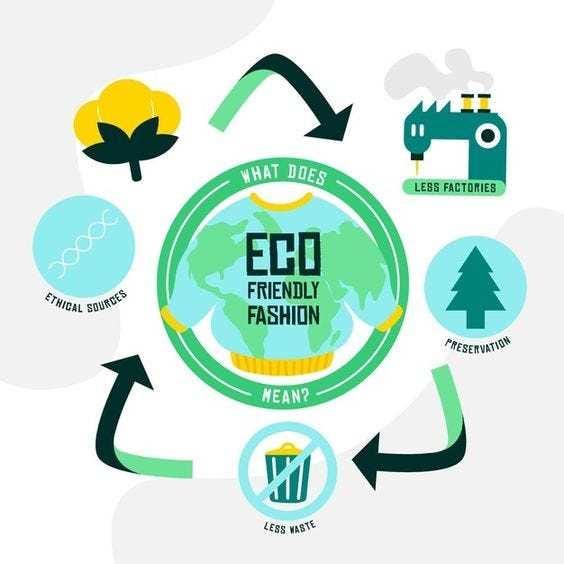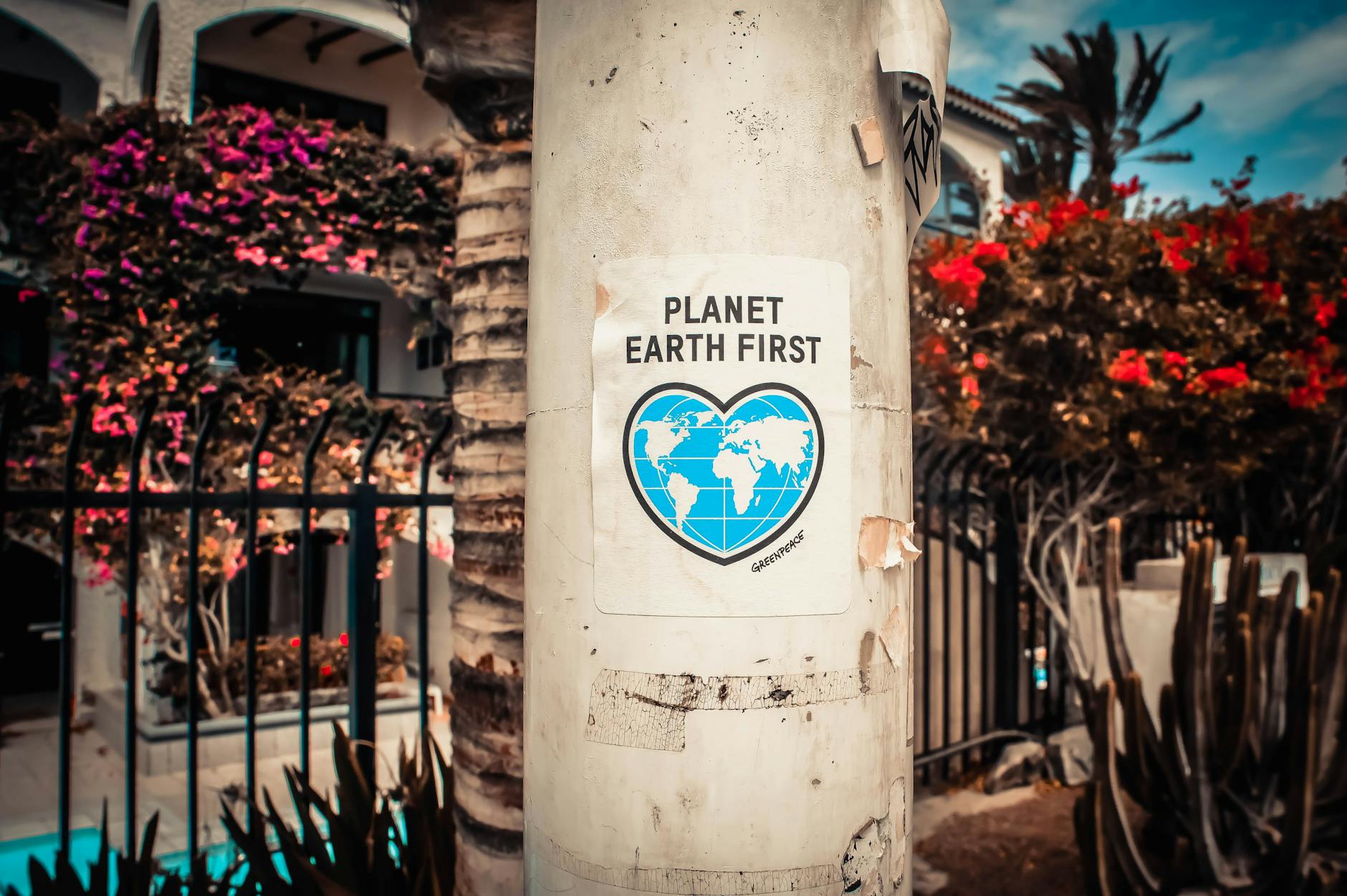As sustainability becomes an increasingly important concern for consumers, the retail industry is undergoing a significant transformation. The zero-waste movement is shaping the way we shop, with retailers and consumers alike embracing eco-friendly practices and products. In this blog post, we will explore the key advancements and trends in the retail sector that are helping create a greener future.
The Call for Sustainable Retail
Consumers today are more conscious of their environmental impact and are demanding sustainable choices from the brands they support. This shift is driven by a growing understanding of the ethical considerations associated with consumption and the desire to reduce waste. As a result, retailers are under pressure to address these concerns and adapt their practices to meet consumer demands.
Packaging Innovation
One of the significant contributors to retail waste is packaging. To combat this issue, innovative packaging alternatives are gaining traction. Companies are exploring the use of compostable materials and biodegradable options to minimize waste. Additionally, package-free stores and refilling stations are becoming more popular, allowing consumers to bring their own containers and reduce packaging waste.
Embracing Minimalism and Conscious Consumerism
Minimalism and conscious consumerism are two lifestyle trends that go hand in hand with the zero-waste movement. Minimalism encourages individuals to live with fewer material possessions, reducing overall consumption. Conscious consumerism, on the other hand, emphasizes informed choices that consider the environmental impact of products. Retailers are incorporating these principles into their strategies, promoting quality over quantity and educating consumers about the importance of sustainable choices.

Image courtesy of sarahbassett.co via Google Images
Collaboration and Corporate Responsibility
Achieving a zero-waste retail industry requires collaboration between retailers and non-profit organizations. Many retailers are partnering with environmental organizations to promote sustainability and support relevant initiatives. Additionally, companies are taking corporate responsibility seriously by implementing strategies to reduce waste and their carbon footprint. This collaborative effort is crucial in creating a greener and more sustainable retail industry.
Technology at the Forefront
Technology plays a significant role in facilitating the zero-waste movement in retail. Artificial intelligence (AI) and data analytics are being used to optimize supply chain management, reducing inefficiencies that lead to waste. Smart packaging with built-in sensors and IoT advancements allows for better tracking of products and expiration dates, minimizing food waste. By harnessing the power of technology, retail businesses are making significant strides towards waste reduction.

Image courtesy of medium.com via Google Images
The Circular Economy Approach
A circular economy model is gaining popularity in the retail sector. This approach focuses on reducing waste by implementing strategies such as product lifecycle management, repair and reuse programs, and recycling. By transitioning from a linear model of production and consumption to a circular one, retailers can extend the life of products and eliminate waste, leading to a more sustainable future.
Impacts and Challenges
The zero-waste movement in retail has several positive environmental and social impacts. It reduces landfill waste, conserves natural resources, and encourages responsible consumption. However, there are also challenges that must be addressed. Scaling sustainable practices can be costly for retailers, and some consumers face barriers to accessing eco-friendly options. Overcoming these challenges will require continued innovation, collaboration, and a commitment from all stakeholders involved.

Image courtesy of buymeonce.com via Google Images
In Conclusion
The zero-waste movement is driving change in the retail industry, pushing businesses to adopt greener practices and offer sustainable products. With innovative packaging alternatives, minimalist and conscious consumerism, collaboration, technology, and a focus on the circular economy, retailers are making strides towards reducing waste and promoting environmental stewardship. However, challenges remain, and continuous efforts will be needed to achieve a fully zero-waste retail industry. As consumers, we can contribute to this movement by making conscious choices and supporting retailers who prioritize sustainability. Together, we can create a greener future for generations to come.



